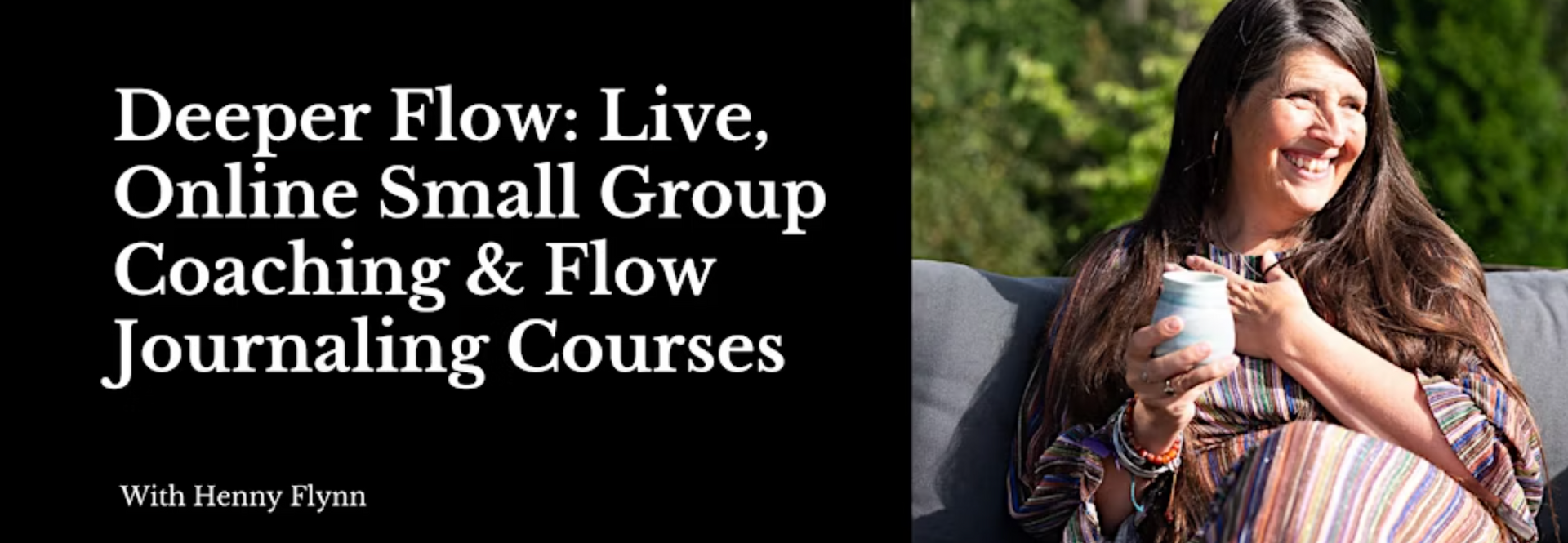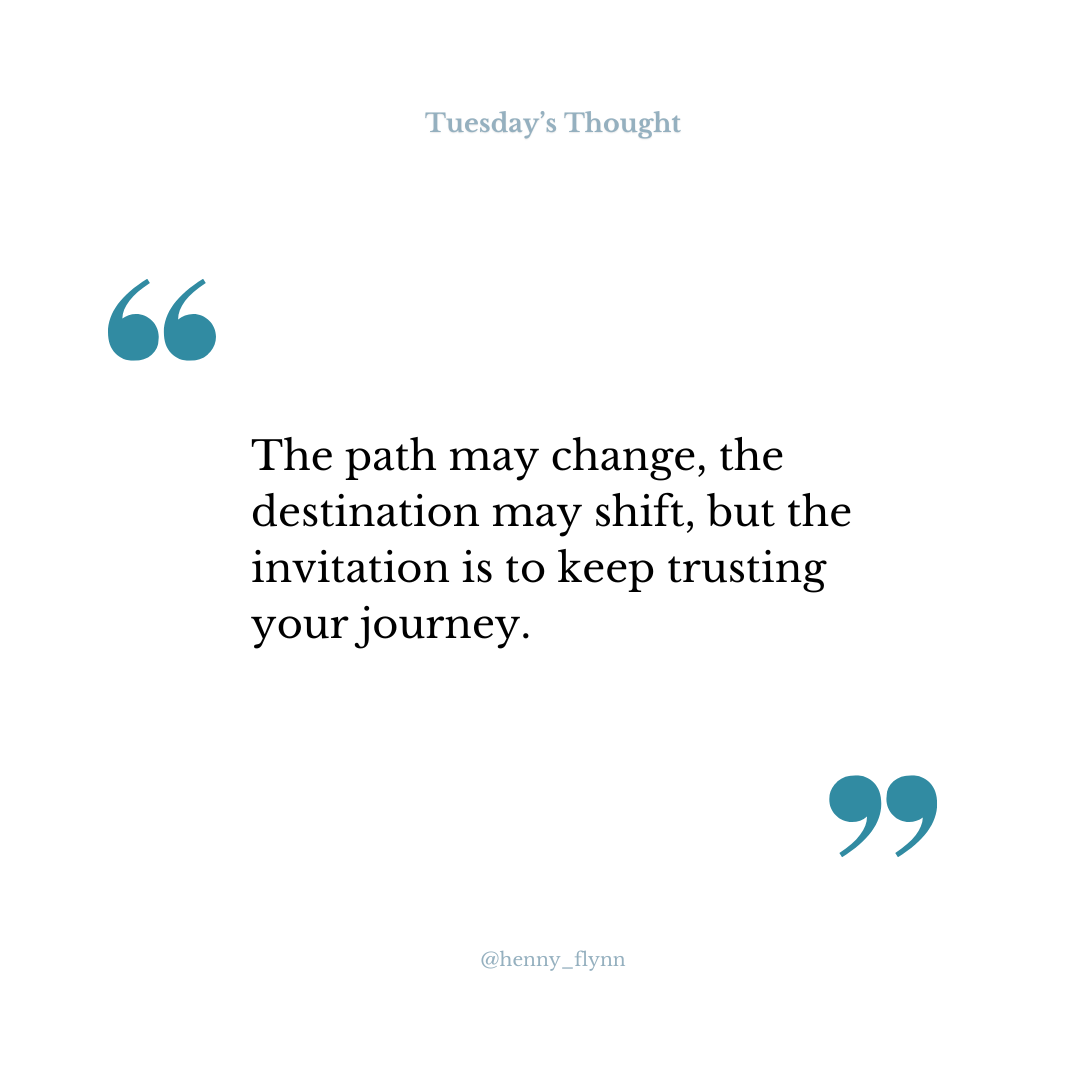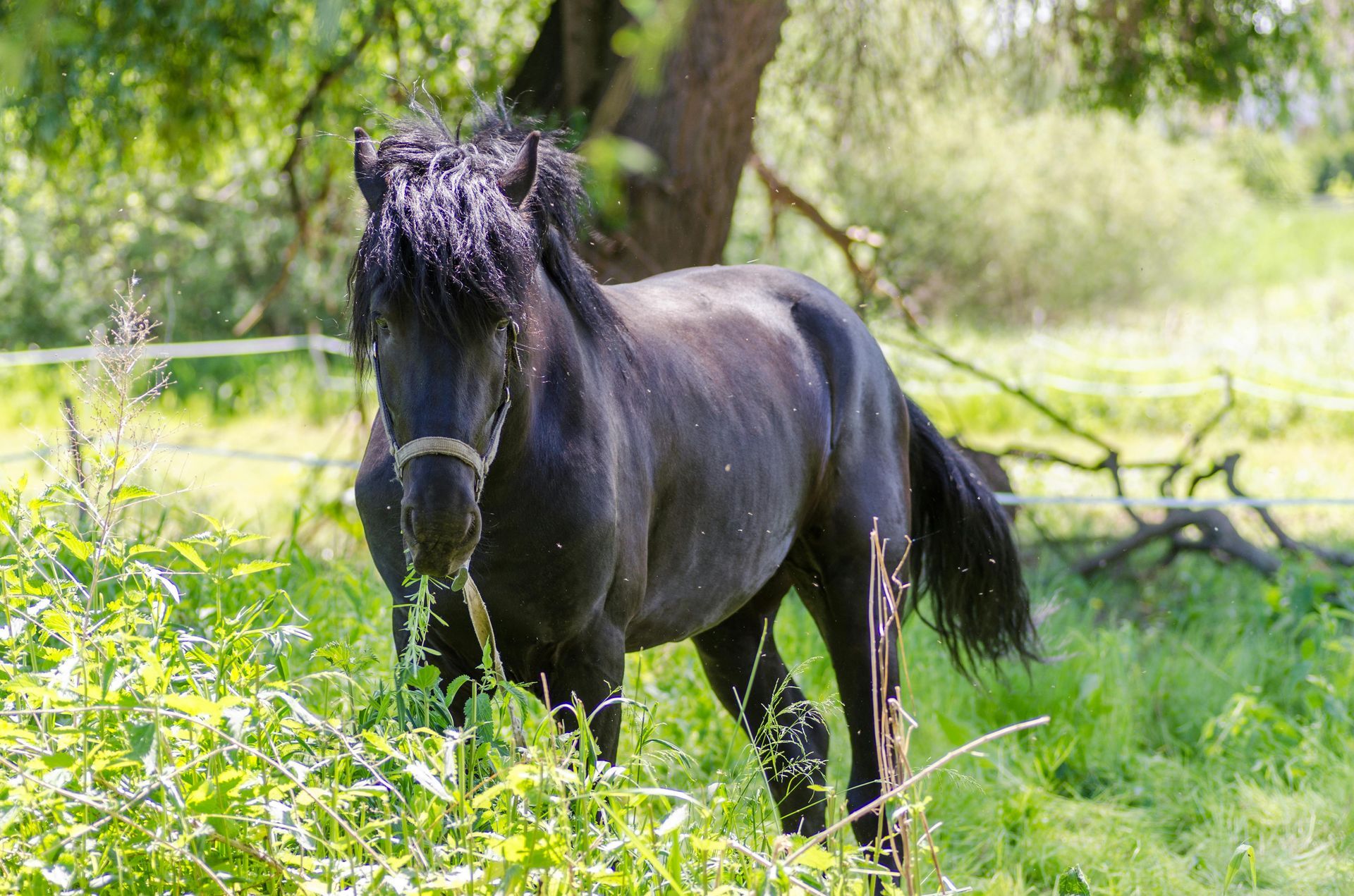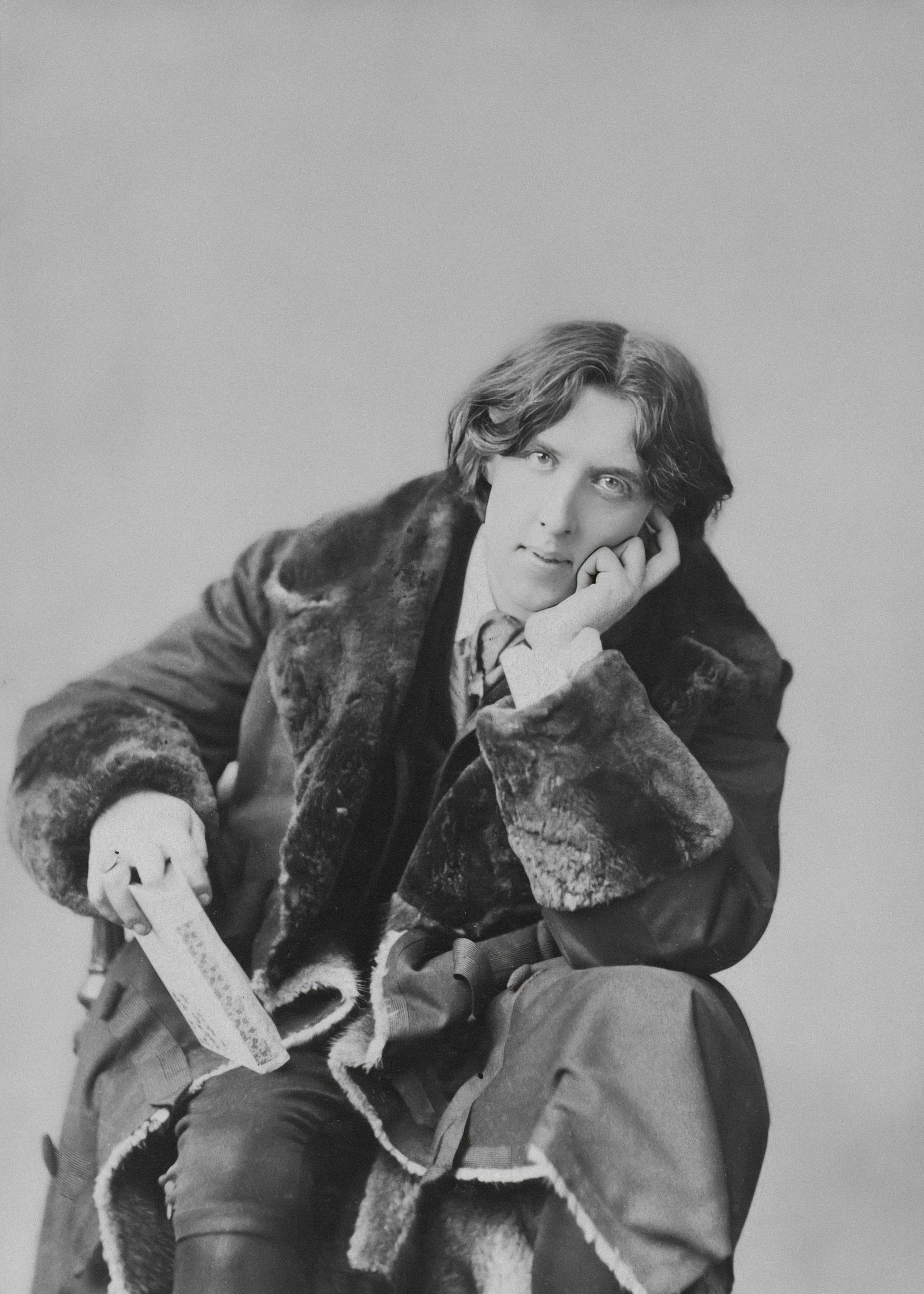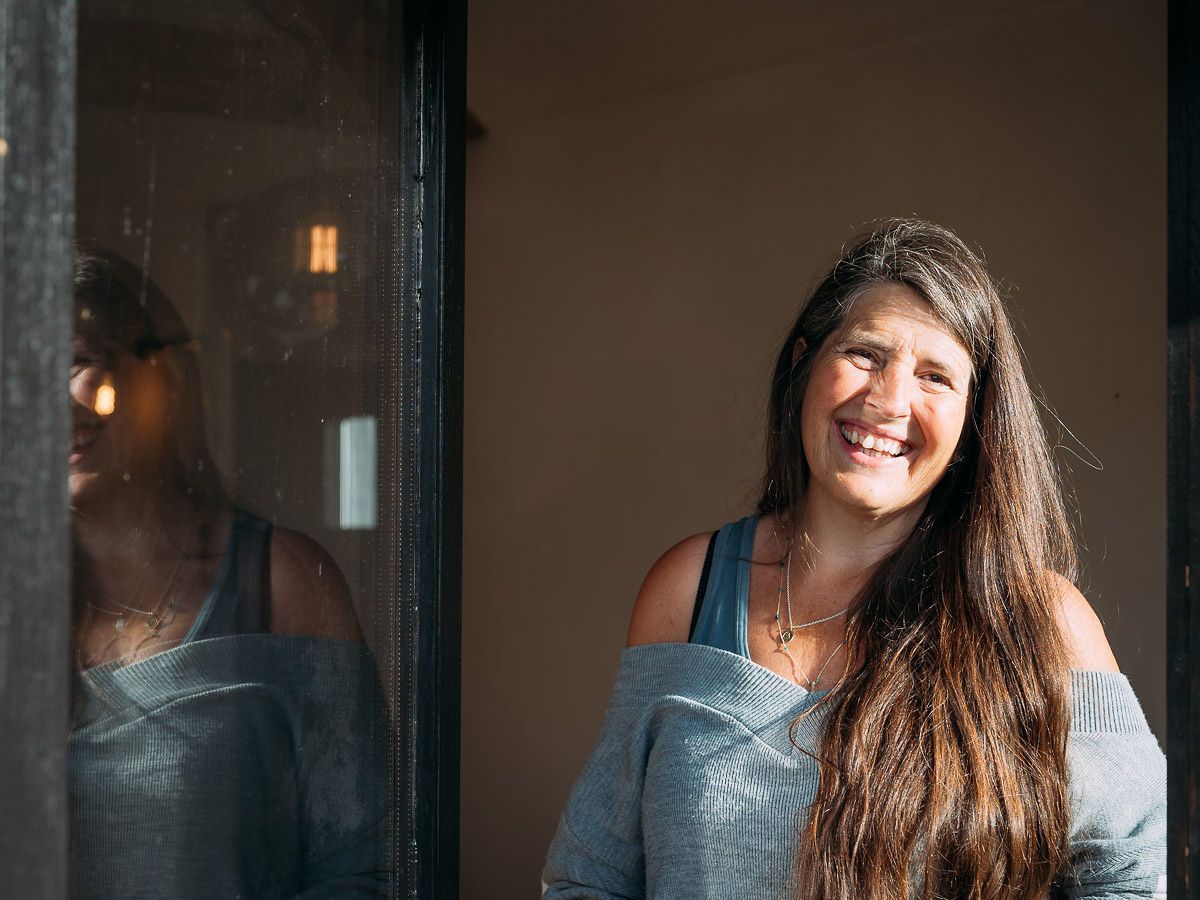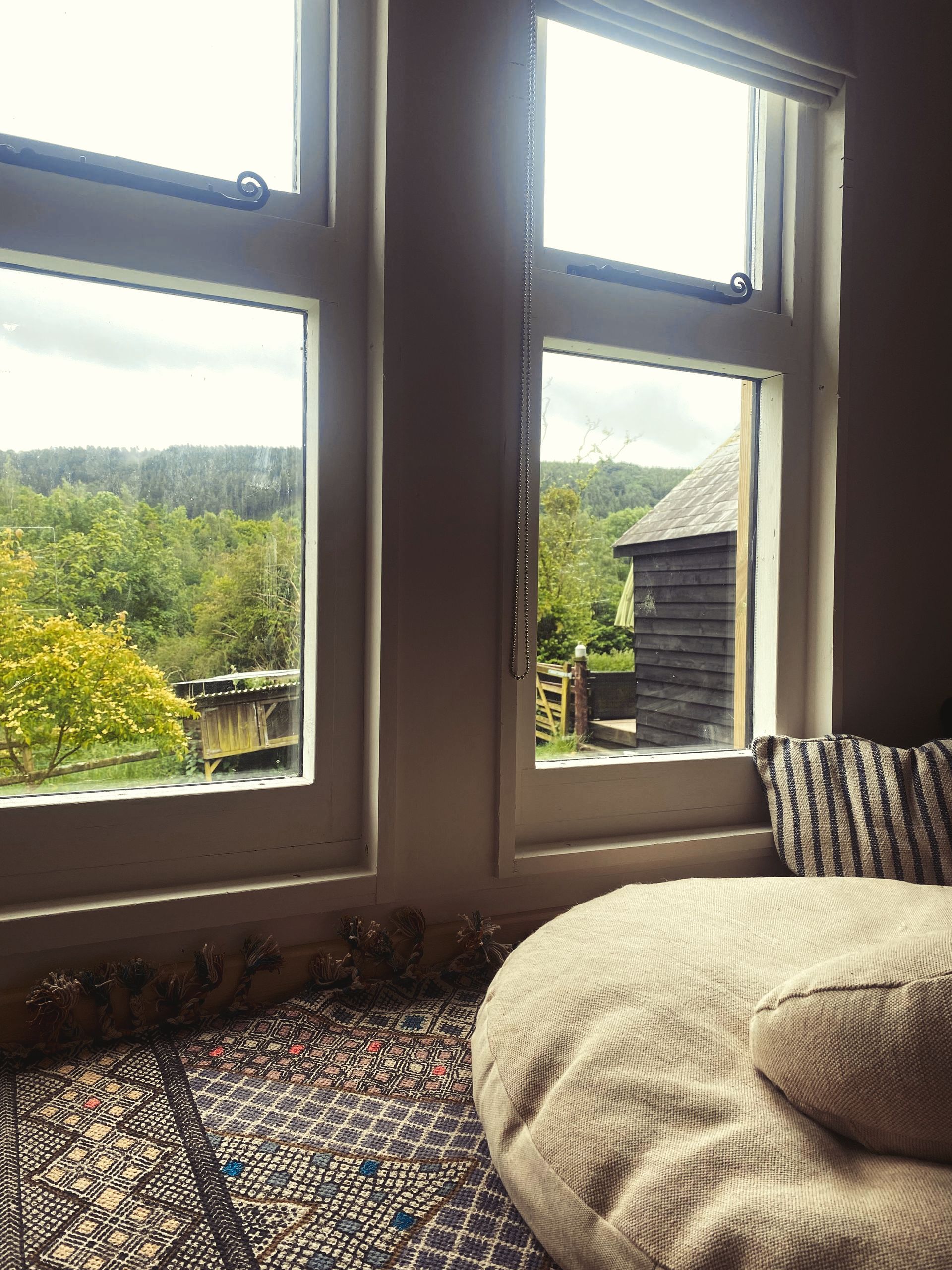Mindfully moving from lack to abundance
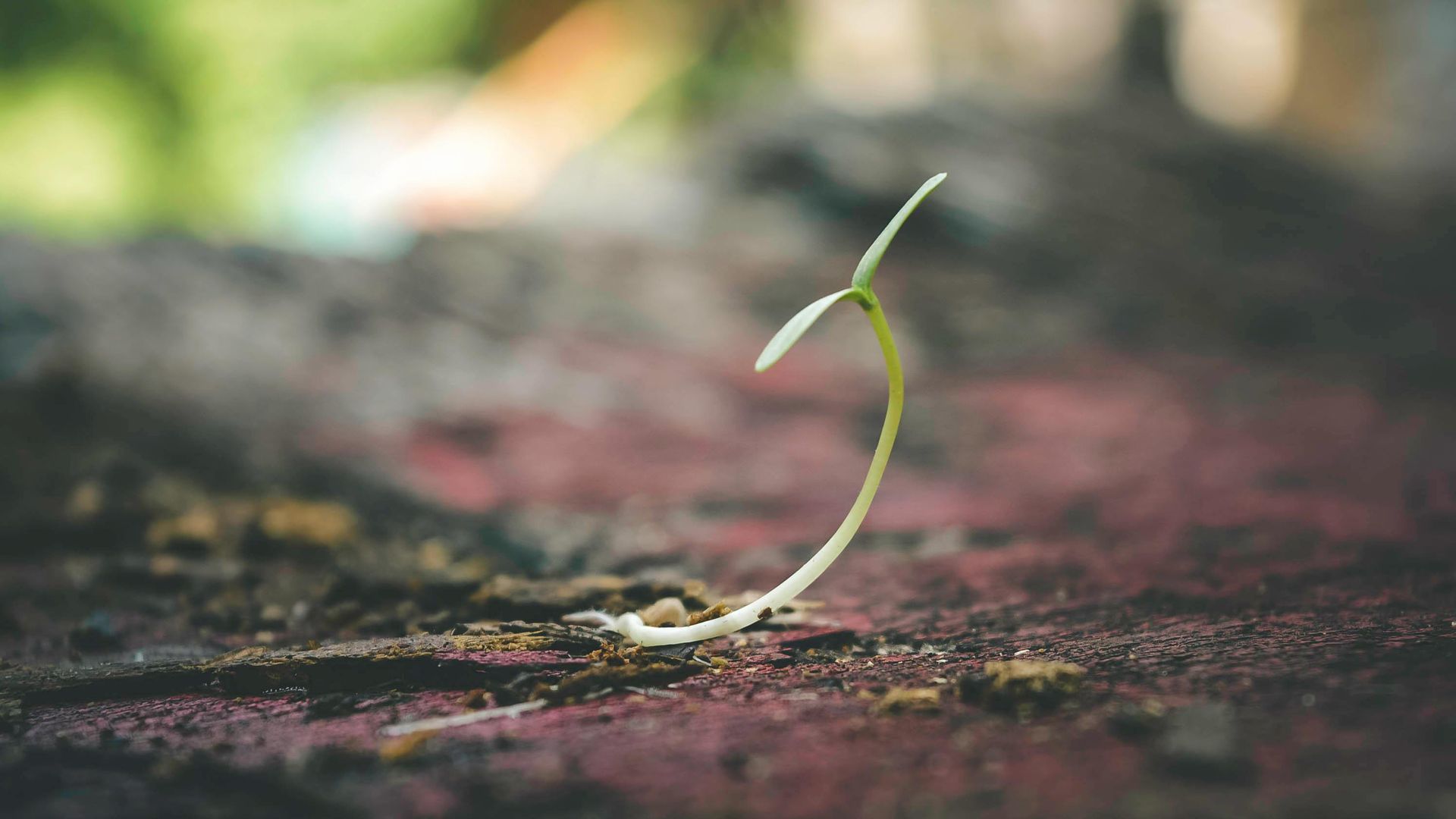
When you hear words like 'lack' and 'scarcity', what do they prompt within you? Or how does the idea of 'abundance' feel?
When we move beyond the words and sink a little deeper, we might start to see they can hold stories for us - perhaps linking to familiar patterns of thought or mindsets we might unconsciously be holding.
They're powerful words that describe powerful feelings that take us from one edge of a spectrum to another.
One, perhaps, keeping us small. The other, perhaps, helping us stand tall.
They might not show up in the same way in all aspects of our lives. We might have a scarcity mindset about many things, including:
- Time - stuffing it full, always rushing, finding there's never enough
- Money - worrying, even though in practical terms we see there is enough
- Love - trying to be what we perceive others want us to be, afraid we might not be enough
There's a theme here, of course.
This sense of enoughness runs through this Work.
And, conversely, we might hold a sense of abundance about other aspects of our lives. We are, as humans, essentially paradoxical.
As we learn how to deepen our inner sense of abundance, we see this isn't about rose-tinted spectacles, magical thinking or greed.
In this context, abundance means recognising what we truly have - rather than limiting ourselves and the way we see life; out of fear or anxiety - believing this is how we'll stay safe.
Receive things you love – no spam, and you can (of course) unsubscribe anytime.
As I write this, I'm very mindful of the challenging conditions so many of us - everywhere - are facing into. So this means acknowledging the reality of what is - rather than that tender and deeply human desire (at times) to lose ourselves in grief for what isn't, what we feel we lack, or what we wish we had more of.
This relates to stories we might be carrying about how to stay safe in the world - something I've explored in a previous post on The stories we carry and all the things they can inform.
It also means being able to hold our own experience as something separate from AND connected to others. So we can see and respond to others' pain and suffering, with the most profound compassion - taking useful action - without having to hold it within us as though it is also our own reality.
This can be fascinating to explore.
